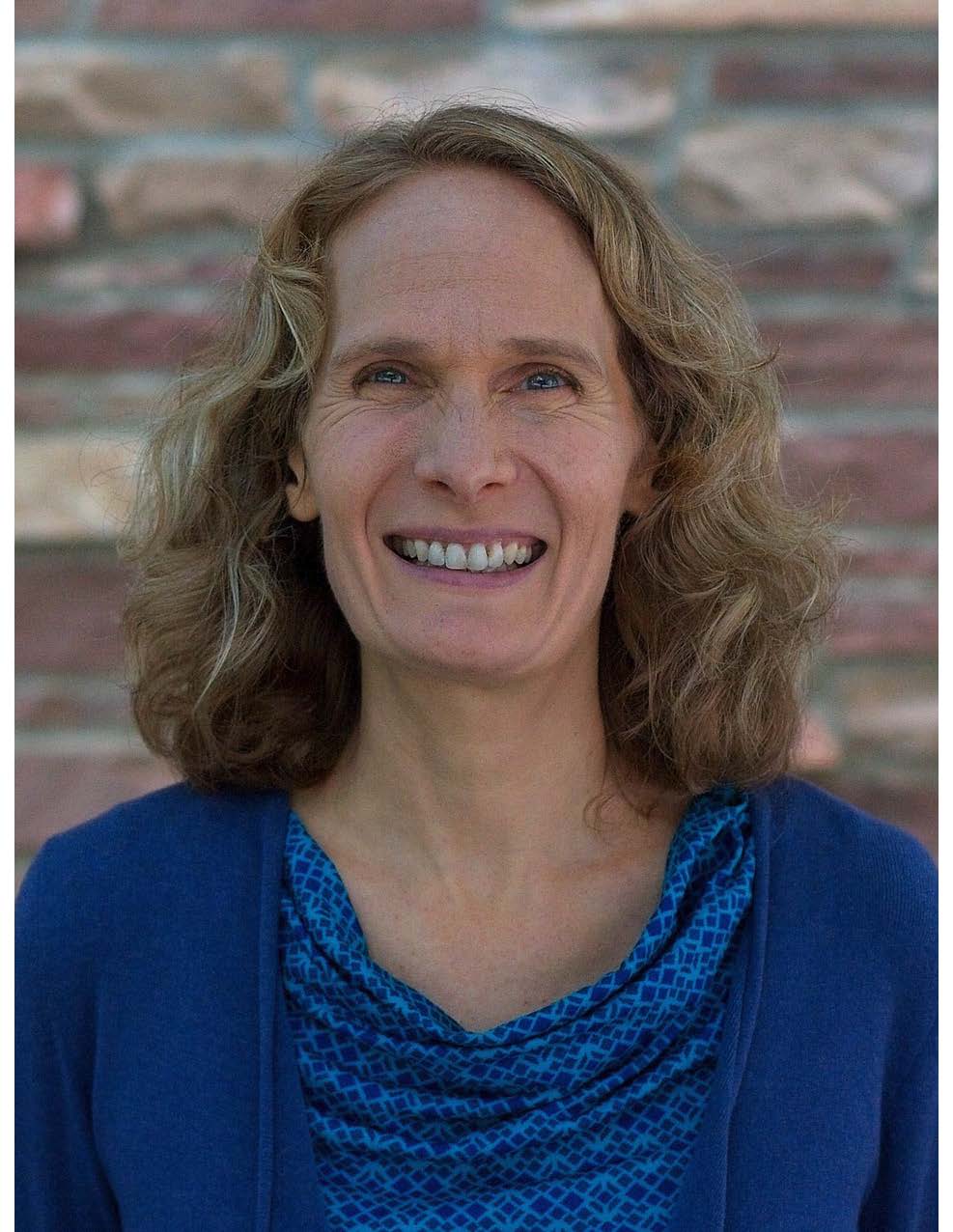Symposia
Treatment - CBT
2 - (SYM 53) A Novel Adaptation of Written Exposure Therapy to Address Future Fears in Advanced Cancer

Joanna J. Arch, Ph.D. (she/her/hers)
Professor
University of Colorado Boulder
Boulder, Colorado, United States- ES
Elizabeth T. Slivjak, M.A.
Doctoral Candidate in Clinical Psychology
University of Colorado Boulder
Boulder, Colorado, United States - LF
Lauren Finkelstein, MA (she/her/hers)
Doctoral student
University of Colorado Boulder
Boulder, Colorado, United States
Speaker(s)
Co-author(s)
Background: Improvement in the treatment of many forms of advanced cancer have led to a growing population of adults who are living longer, but struggle with profound fear and uncertainty about the future. This phenomenon can trigger intense fears including feeling haunted by imagined future worst-case scenarios with cancer, fear of cancer progression, and cancer-related trauma symptoms. The latter symptoms are associated with higher physical symptom burden and poorer quality of life, with few interventions to manage them.
Purpose: Reflecting the conference themes of Innovation and Community Engagement, we collaboratively adapted written exposure therapy for past trauma to the needs of adults diagnosed with advanced cancer who anticipate future loss/ trauma by using written exposure to address worst-case future cancer scenarios. This adaptation draws on cognitive neuroscience studies demonstrating overlap in networks supporting memory and prospection.
Methods: A novel 5-session written exposure intervention titled ‘EASE’ was developed to identify and address imagined worst-case future scenarios with cancer. Delivered by videoconferencing, EASE was piloted among 29 adults with stage III or IV cancer and elevated fear of progression or cancer-related trauma symptoms. Community participant and provider feedback was solicited after every session and the intervention was refined accordingly.
Results: EASE demonstrated strong acceptability and feasibility, with 86% (25/29) of participants completing all 5 sessions; surveys and exit interviews indicated high acceptability. Primary outcomes of FoP and cancer-related trauma symptoms improved significantly from baseline to 3- and 4.5-month follow-up by large effect sizes. Secondary outcomes of anxiety, depression, and hopelessness about cancer also improved significantly, by large effect sizes.
Conclusions: EASE, a novel adaptation of written exposure therapy, is a straightforward and promising approach to address future fears among distressed adults facing advanced disease.

.png)
